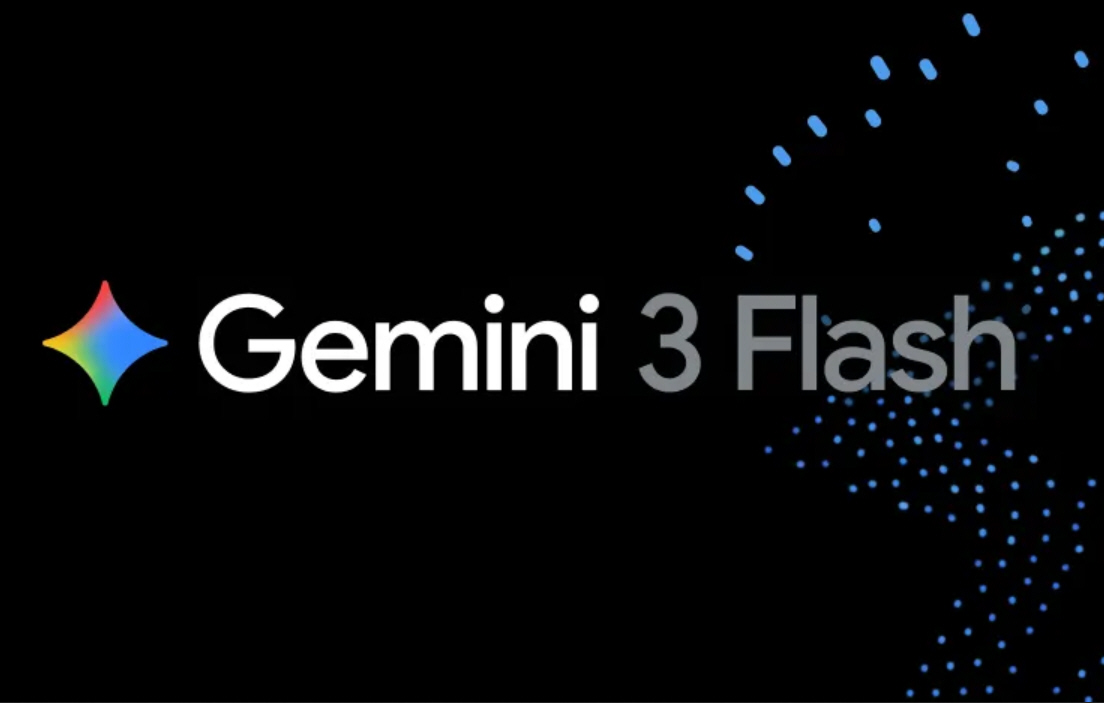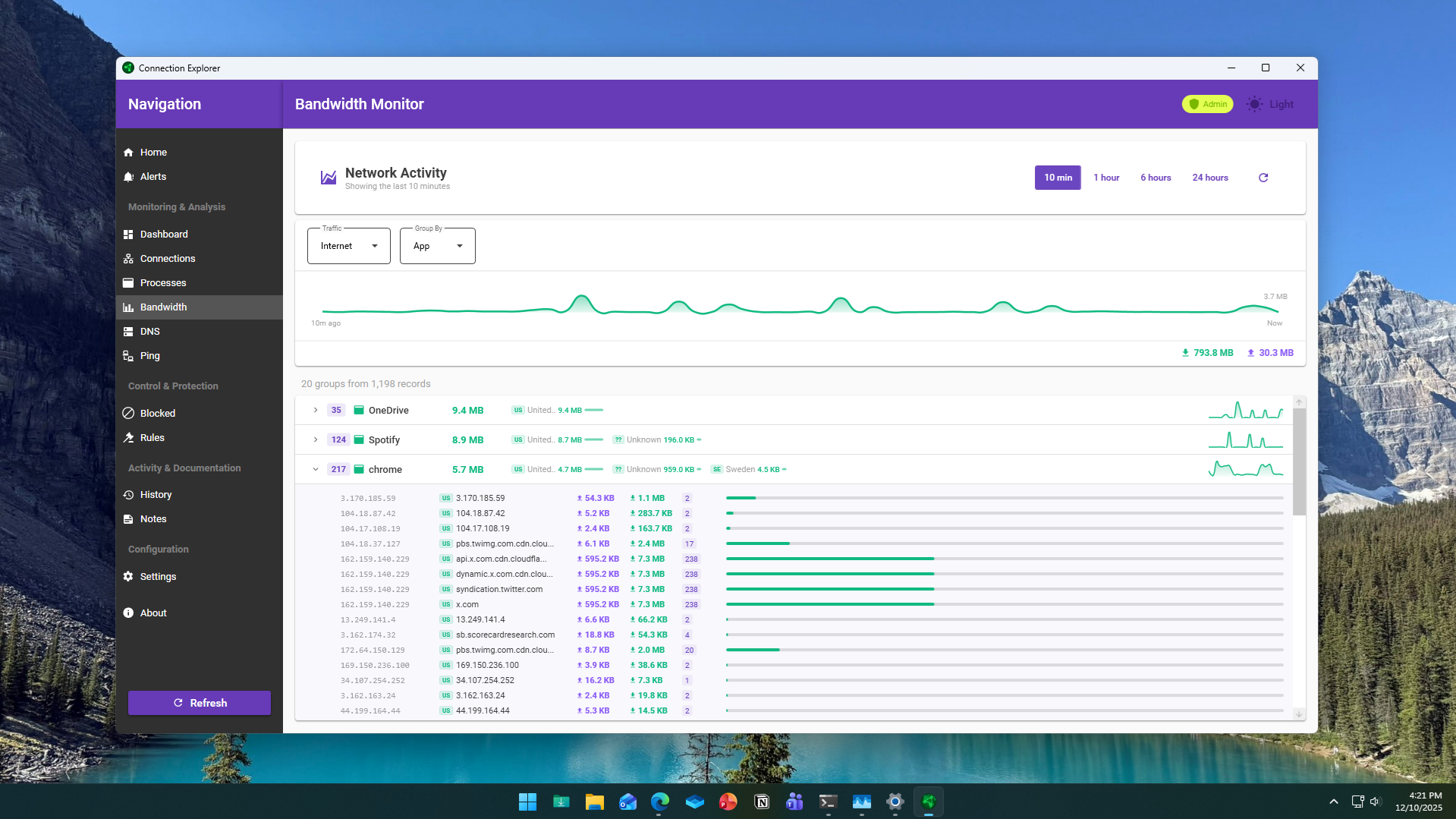
Fineshare's new Vora AI can clean up Sora videos and upscale them to 4K
Fineshare has announced the launch of Vora AI, a video generation and enhancement tool designed to improve videos created with OpenAI’s Sora, including content produced using Disney characters as part of the new deal Sam Altman's firm struck with the House of Mouse.
Fineshare says the tool focuses on improving visual quality, speeding up production, and helping creators keep pace with fast-moving platform trends.

DoorDash is bringing grocery shopping directly into ChatGPT
ChatGPT is becoming less of a chatbot and more of a platform, especially following news that the service is being opened up to apps that can perform useful, real world tasks. DoorDash has today announced that it is introducing grocery ordering directly into ChatGPT, meaning users can turn recipe ideas into completed grocery orders without leaving a conversation.
This new integration will allow people to shop for ingredients in chat and then check out on DoorDash, linking meal planning with on-demand delivery from local stores.

2025's biggest internet outages and what caused them
Downdetector by Ookla has revealed the largest internet outages of 2025, based on millions of user reports worldwide. The data shows where internet services failed at scale and how outages tied to cloud platforms, gaming networks, and streaming services affected users across North America, Europe, Asia Pacific, Latin America, and the Middle East and Africa..
North America was naturally the region with the highest concentration of high-impact outages. In the US and Canada, the three largest single-service incidents each passed one million user reports, showing how quickly problems were spotted when widely used platforms went offline.

ChatGPT is opening the platform to apps that do real work
OpenAI is opening app submissions for ChatGPT, allowing developers to publish apps that connect conversations to actions outside the chat. The move will essentially turn a conversation into a starting point for tasks like placing orders, generating files, or running live searches, without switching tools.
Apps work by linking ChatGPT to external systems. Instead of simply describing how to do something, a conversation can pass structured information to an app, which then performs the task and returns the result. The chat remains the interface, while the app handles the actual work in the background.

The Oscars are heading to YouTube under a new global deal
In a major coup for Google, YouTube has secured exclusive global rights to the Oscars and a wide range of Academy programming under a new multi year agreement that begins with the 101st ceremony in 2029. The deal moves the awards show and related content to YouTube worldwide, although the Academy’s existing domestic broadcast agreement will remain in place for the 100th ceremony.
Under the agreement, the Oscars will stream live -- and free -- on YouTube to viewers all around the world. In the US, the ceremony will also be available to YouTube TV subscribers. Coverage will include the red carpet, backstage access, and events tied to the Governors Ball.

Wacom adds ibisPaint X and file support improvements to MovinkPad
Wacom has released a new Android update for its MovinkPad lineup that changes how creative apps work together on the device. The update adds ibisPaint X as a built in app, links it more closely with Wacom Canvas and Wacom Shelf, and includes a free 180-day ibisPaint Prime Membership.
The update applies to the Wacom MovinkPad series, which is built around standalone drawing without a PC. The lineup includes the MovinkPad 11 and the recently announced MovinkPad Pro 14, both of which combine Wacom’s pen technology with an Android based environment.

Google rolls out Gemini 3 Flash, a faster AI model for Search and beyond
Google has announced the arrival of Gemini 3 Flash, its latest AI model built to respond faster than earlier systems, while still tackling complex prompts when needed. The model is being introduced across Google Search and the Gemini app, with the goal of making everyday AI interactions feel nippier, without stripping away the AI's more advanced capabilities.
Gemini 3 Flash is the newest member of the Gemini 3 model family. It follows Gemini 3 Pro and Gemini 3 Deep Think, but is designed for a different role. Instead of treating every prompt as a complex problem, Flash adjusts how much effort it applies based on the task in front of it.

Motorola’s $299.99 moto g power 2026 adds water resistance and a larger display
If you’re in the market for a new smartphone to start the new year and don’t want to spend a fortune, Motorola has announced the moto g power 2026. The new device combines a large display, reinforced build, updated cameras, and latest Android software.
The phone is powered by a MediaTek Dimensity 6300 processor, paired with 8GB of RAM. Motorola also includes virtual memory expansion through RAM Boost, which allows the phone to allocate storage as temporary memory when required.

Cloudflare report shows how AI bots, encryption, and growing attacks shaped the internet in 2025
Cloudflare has released its 2025 Radar Year in Review, the sixth annual report examining broad trends in internet traffic, security, and technology adoption across its global network over the past year. Using aggregated data from web requests, bots, and connectivity signals, the report shows how automation, encryption changes, and attacks shaped online services worldwide.
Internet traffic continued to rise across the year, with Cloudflare reporting overall growth of 19 percent. Levels stayed relatively steady through the first six months or so before accelerating from late summer onwards. For website operators, this trend reflects a steady increase in demand, although it also drives higher infrastructure costs and greater exposure to outages or attacks.

AI hype is leading investors to bet big on humanoid robotics but is it just another bubble?
The robots are coming, there’s no question about that, but many humanoid robotics startups backed by venture capital firms face deep problems related to cost, reliability, and general real-world usefulness, according to a new report from CB Insights.
Investors warn that enthusiasm driven by AI hype is outpacing commercial reality, creating concerns that parts of the sector are drifting toward speculation rather than reality.

Connection Explorer update adds new ways to see where -- and why -- your PC is sending data
Stardock has released an updated beta of Connection Explorer, the Windows app it first launched a month ago that lets users can see and understand all of the network activity on their PCs. The new update adds additional ways to view bandwidth usage and connection history, giving users a better understanding of where the data is going and -- even more importantly -- why.
Connection Explorer shows every network connection a PC makes in real time and turns background activity into something readable. It allows users to see which apps and processes are communicating online and where those connections terminate.

How to install the new Kodi 21.3 Omega on Amazon Fire TV Stick (the easy way)
Kodi 21.3 Omega has just been released, bringing with it a range of fixes and improvements. It is the first update since January for the hugely popular home theater software, coming ahead of the launch of Kodi 22 Piers, which is expected to arrive early 2026.
For a lot of users, running Kodi on an Amazon Fire TV Stick (or Firestick as it’s better known) is the best way to enjoy the software and everything it has to offer, giving users access to a wide array of streaming services and media libraries.

Kodi 21.3 'Omega' has arrived and you should download it now!
The Kodi Foundation is still hard at work on Kodi 22 'Piers', with a second Alpha release expected soon. The team hasn’t forgotten Kodi 21 users however, and a new build for that branch has just arrived.
Kodi 21.2 'Omega' was released back in January, and now the Kodi Foundation has rolled out a new build, Kodi 21.3, with a raft of changes, fixes and improvements. This is what’s new:

Your earbuds can now translate over 70 languages in real time with Gemini AI
Google is expanding the translation features in Search and its Translate app with new systems built on the Gemini AI model. The update introduces improved text translation and a beta version of live speech translation in headphones, giving users clearer and more natural results and bringing the experience closer to a real-world Babel Fish from The Hitchhiker’s Guide to the Galaxy.
The new text translation system uses Gemini 3 to handle idioms, slang, and local expressions with more context awareness. This lets the app produce translations that are closer to natural speech rather than direct word swaps.

Most companies aren't measuring AI's environmental impact, new report shows
Companies are adopting AI quickly, but most still overlook the energy impact of the systems they use daily. New research suggests this gap is now large enough to affect electricity use in offices, data rooms and commercial buildings. Energy specialists say the problem could be turned into an opportunity -- if firms pay attention to how their AI tools work in practice.
The Thomson Reuters Foundation has published early findings from its AI Company Data Initiative, known as AICDI. The new study examines AI governance disclosures from 1,000 companies in 13 sectors. Built with UNESCO, it is described as the largest dataset that tracks how firms explain and oversee their use of AI.

